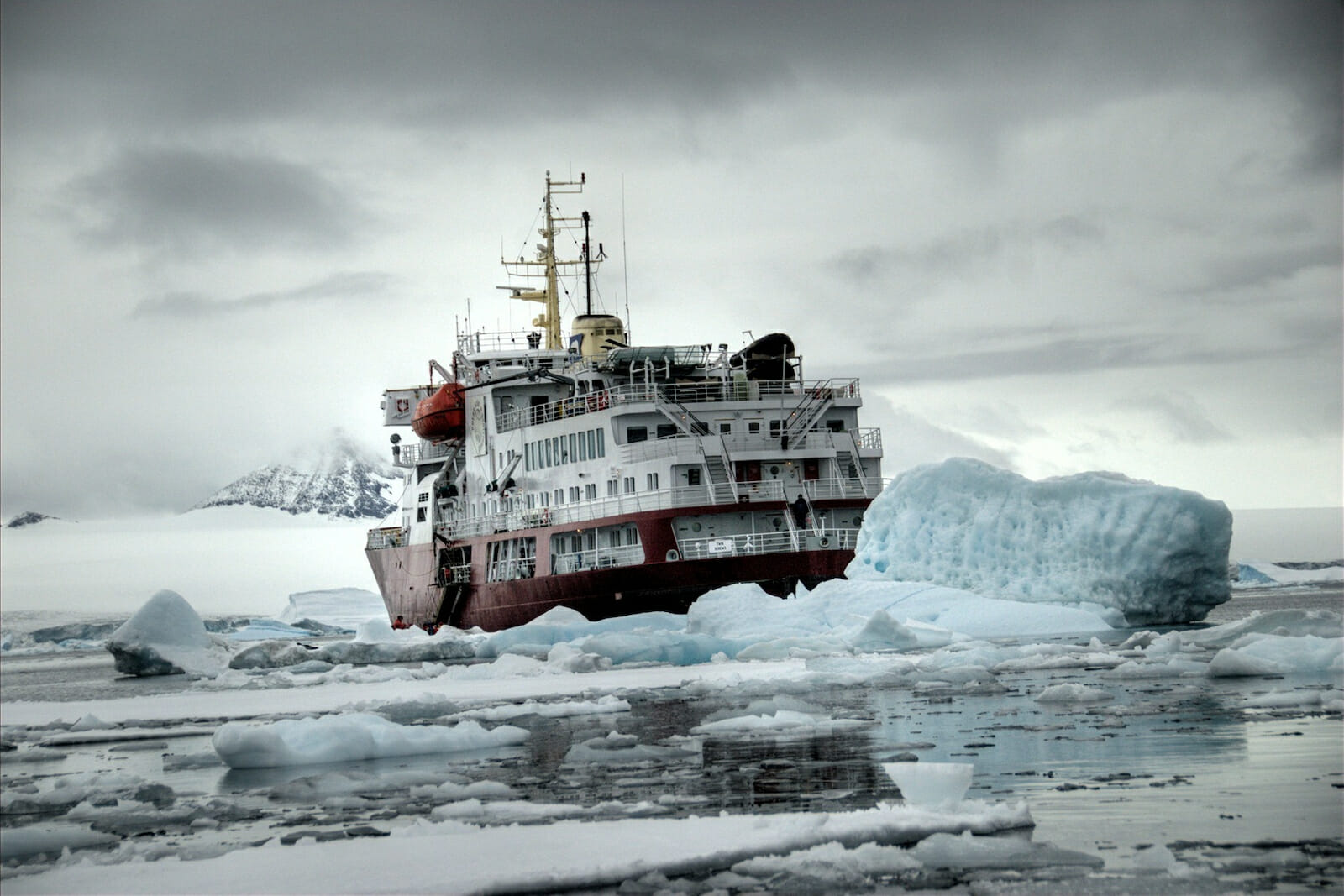
Arctic Insecurity: Time for Arctic Council 2.0
The Arctic was once a frontier of the Cold War, with the U.S. and the Soviet Union racing to build bases, radar, and defenses against the other. Because of climate change, the Arctic is once again a region of competition, this time for resources.
Climate change is opening the Arctic to new resource extraction and shipping opportunities. The U.S., Canada, and Russia (among others) seek to profit from the region’s estimated 412 billion barrels of extractable oil and gas. Russia has been investing in Arctic infrastructure and reviving Cold War outposts. The planting of a Russian flag under the Arctic icecap raises for some the specter of an Arctic power grab.
How can the international community reduce tensions in the Arctic? The current Arctic Council serves as a forum for regional collaboration but it is too weak. What we need is an organization with the power to keep the peace while enabling economic development. What we need is Arctic Council 2.0.
A proposed Arctic Council 2.0 would operate like the United Nations with a better Security Council. It would retain its function as a forum for Arctic nations and observer states to discuss political affairs, conservation efforts, and regional development. Additionally, the Council would gain an enforcement capacity, with icebreakers and a police force to patrol Arctic waters, conduct rescue operations, and enforce members’ recognized resource claims.
An Arctic Council 2.0 would have more legitimacy to operate in the Arctic than any national force. The current Council has representatives from all Arctic nations, native population groups, and other organizations. With all stakeholders represented in the Council, nations are more likely to support enhancing its authority. Stakeholder buy-in will also reduce the likelihood that members will ignore the Council’s authority. For Russia, having influence in a more powerful Arctic Council could create greater trust in the organization, leading to less bellicose unilateral behavior.
Another benefit of Arctic Council 2.0 is that it creates a repository of equipment and expertise needed to operate across the vast region. Developing the Arctic requires extensive investment in equipment such as icebreakers and a capable workforce. A central equipment and expertise reserve would enable countries to tap Arctic Council resources to compensate for their own shortcomings. Currently, the U.S. has a diminished Arctic capacity, possessing only two aged icebreakers. To quote former U.S. Secretary of Defense Jim Mattis “…America’s got to up its game in the Arctic.” An Arctic Council 2.0 would help us do this until we improve our own capacity.
Finally, an empowered Arctic Council would provide an honest broker to enforce the peace. While the Arctic Council is not permitted to address issues of “military security,” a police force with a mission to patrol international waters, conduct rescue operations, and enforce sovereign resource rights is favorable to all parties involved. Much of Russia’s Arctic posturing has been tied to its national interest in energy resources. An independent enforcement unit that recognizes resource rights as outlined by the United Nations Convention on the Law of the Sea will reassure Russia that its interests will be protected. This will reduce regional tension, enable resource development, and create a more peaceful Arctic.
Empowering the Arctic Council will not be easy. Nations do not like to yield their authority, and nobody wants to bear the costs of international projects. However, history shows this is possible. The U.S. and the Soviet Union entered the START treaty during the Cold War, limiting their power in exchange for a more peaceful relationship. UN peacekeeping missions show costs can be shared, and countries need not write a check to contribute. A little bit of investment and informed self-interest would go a long way towards ensuring a peaceful and prosperous Arctic.
The Arctic may be full of competition, but it is nowhere near Cold War 2.0. Preempting competition (military or otherwise) over resources with Arctic Council 2.0 would reduce regional tension while allowing countries to focus on economic development. Arctic Council 2.0 will keep the peace in the Arctic.
